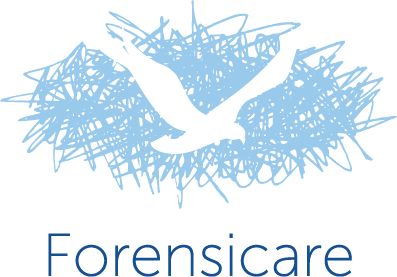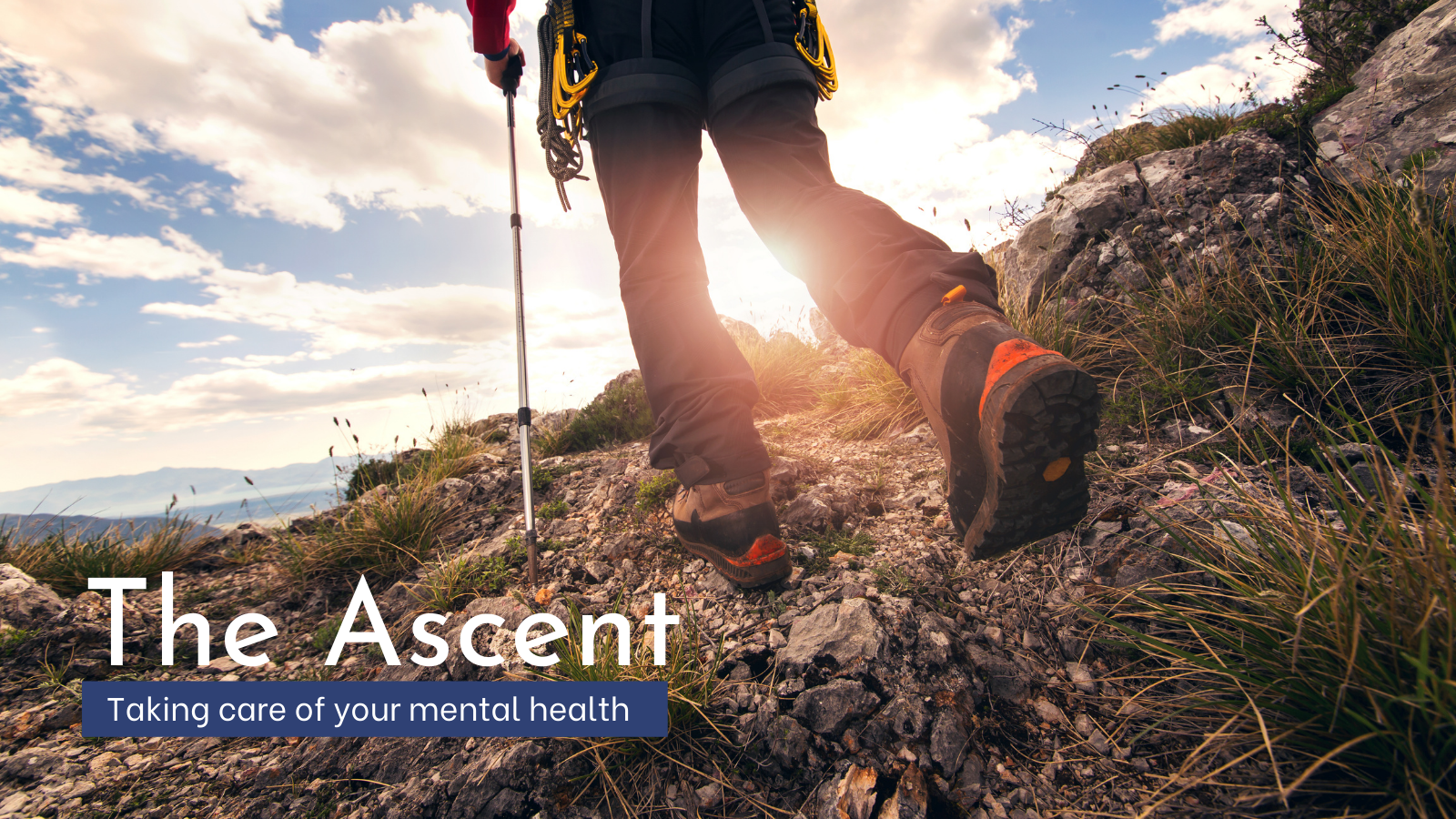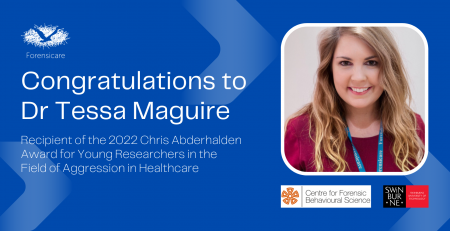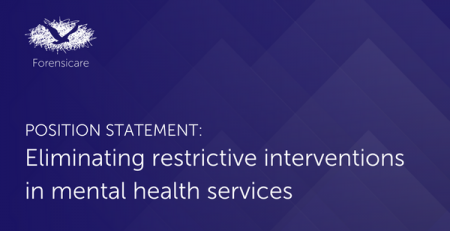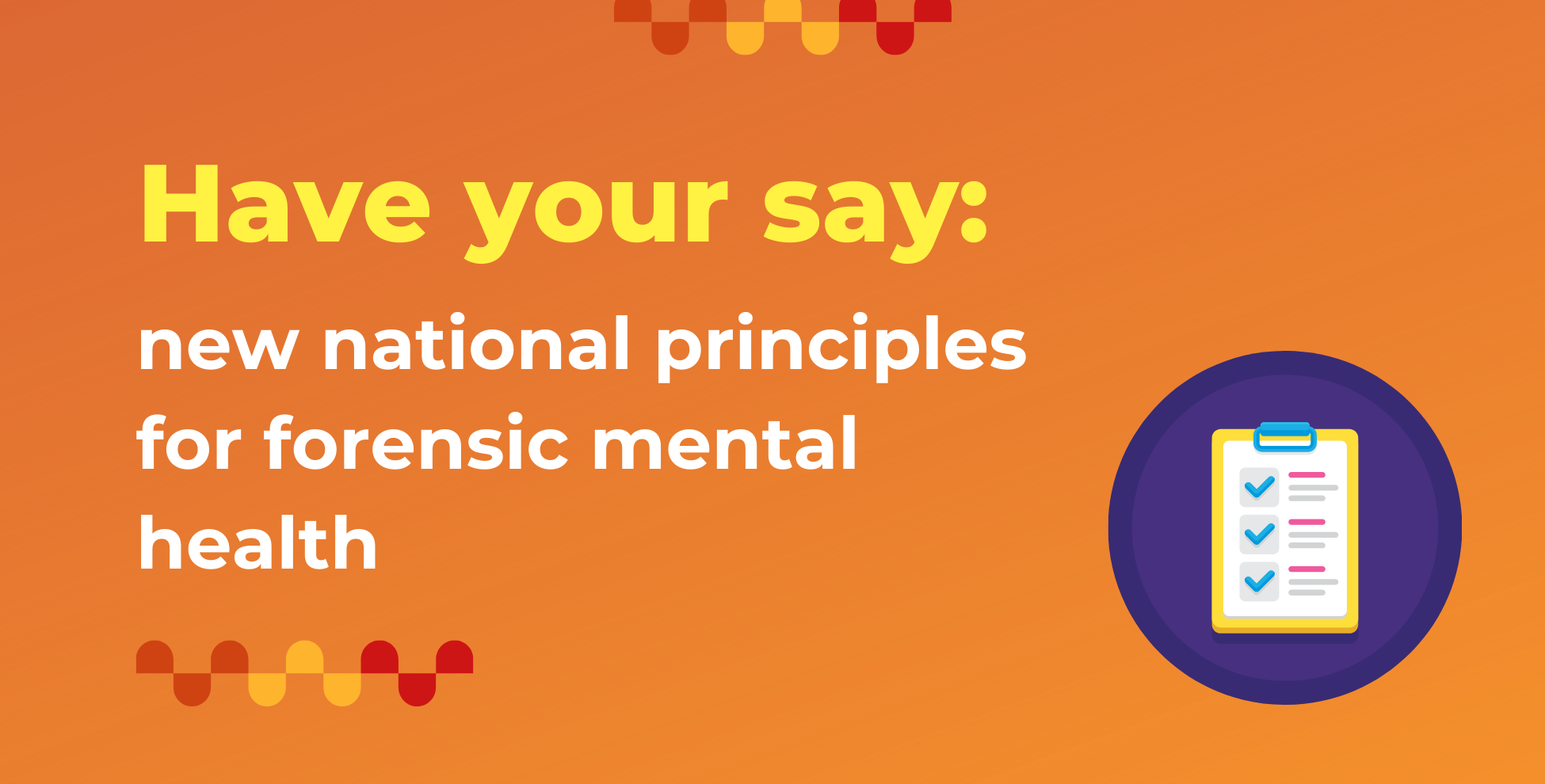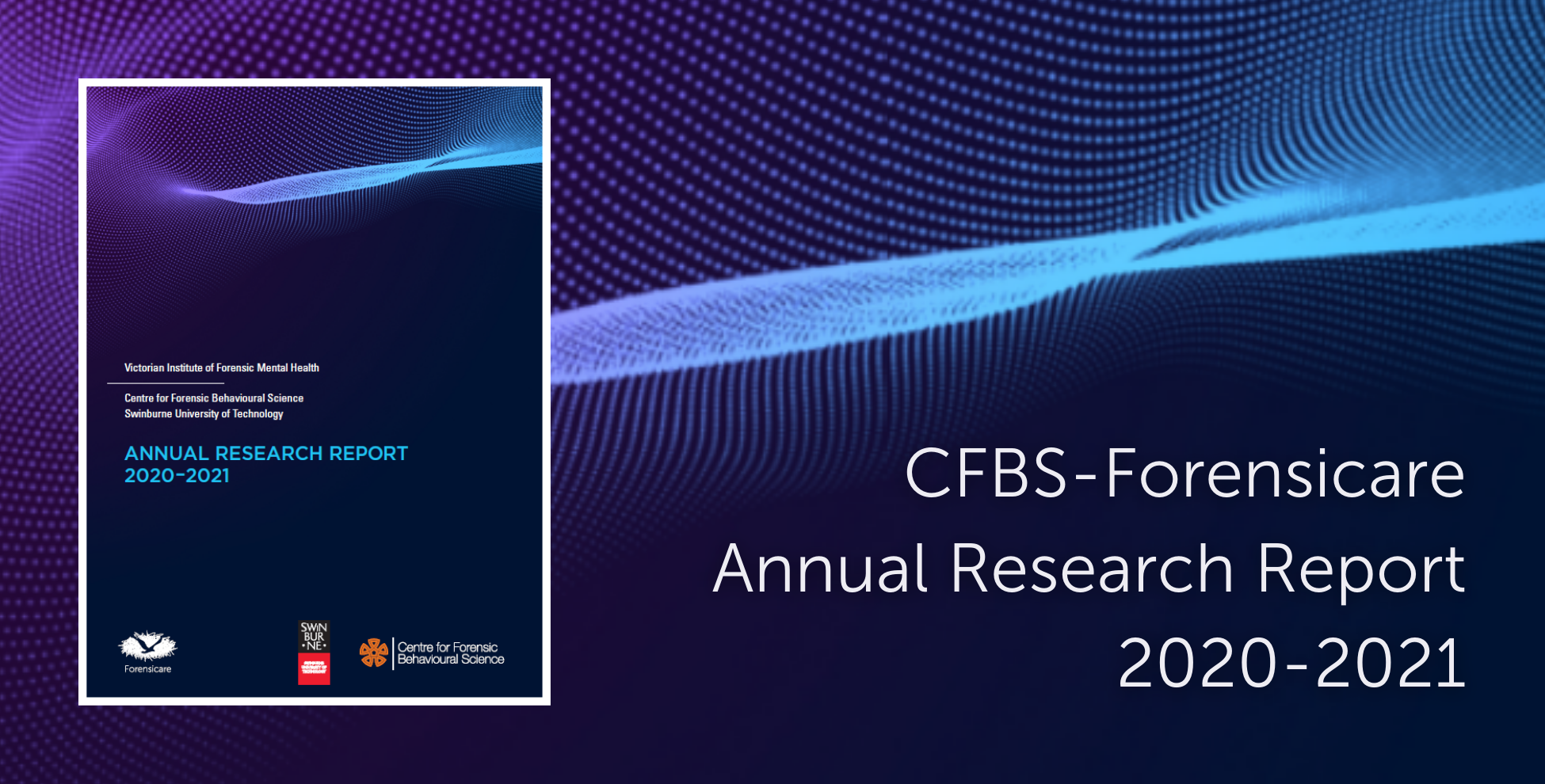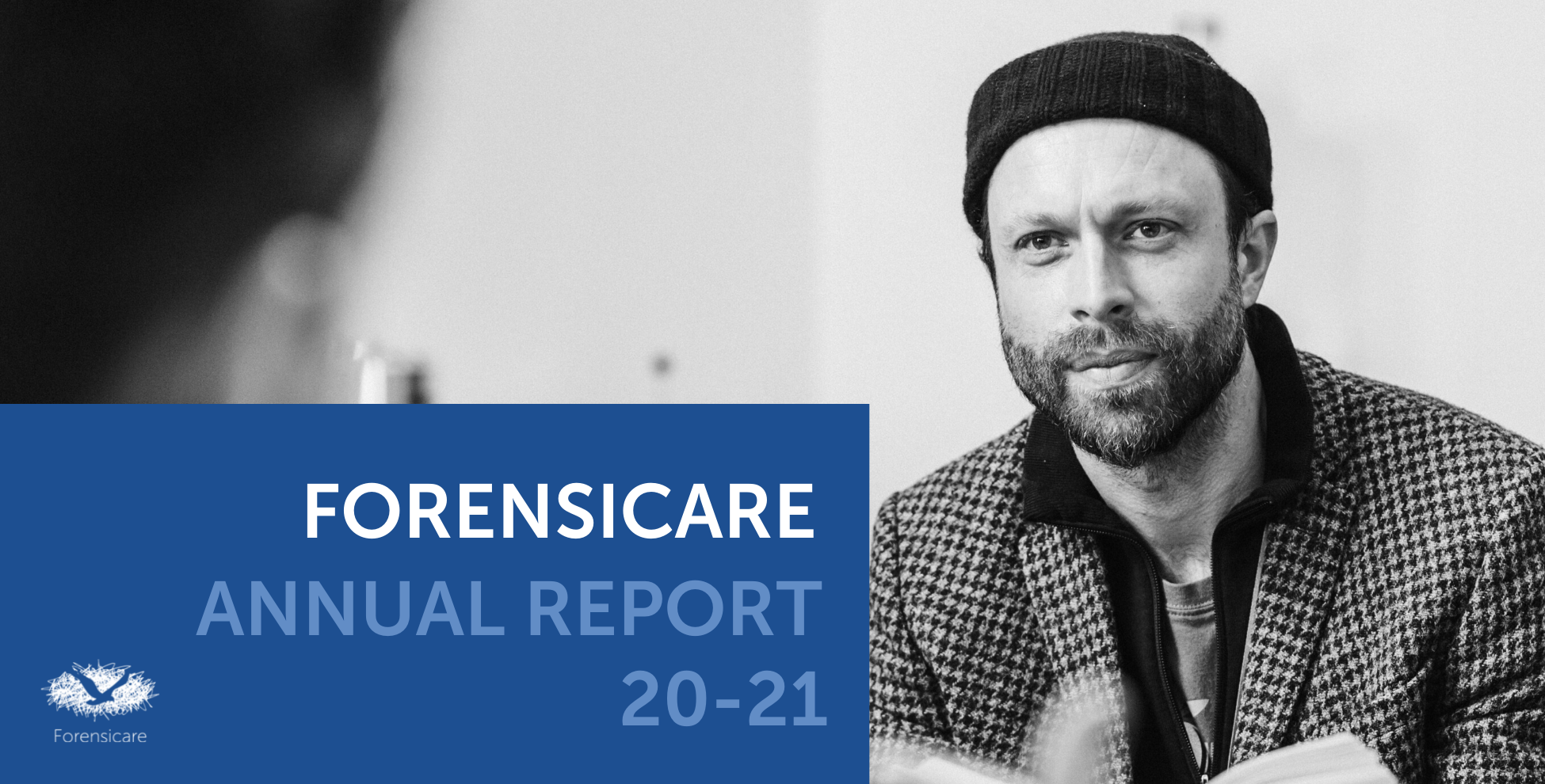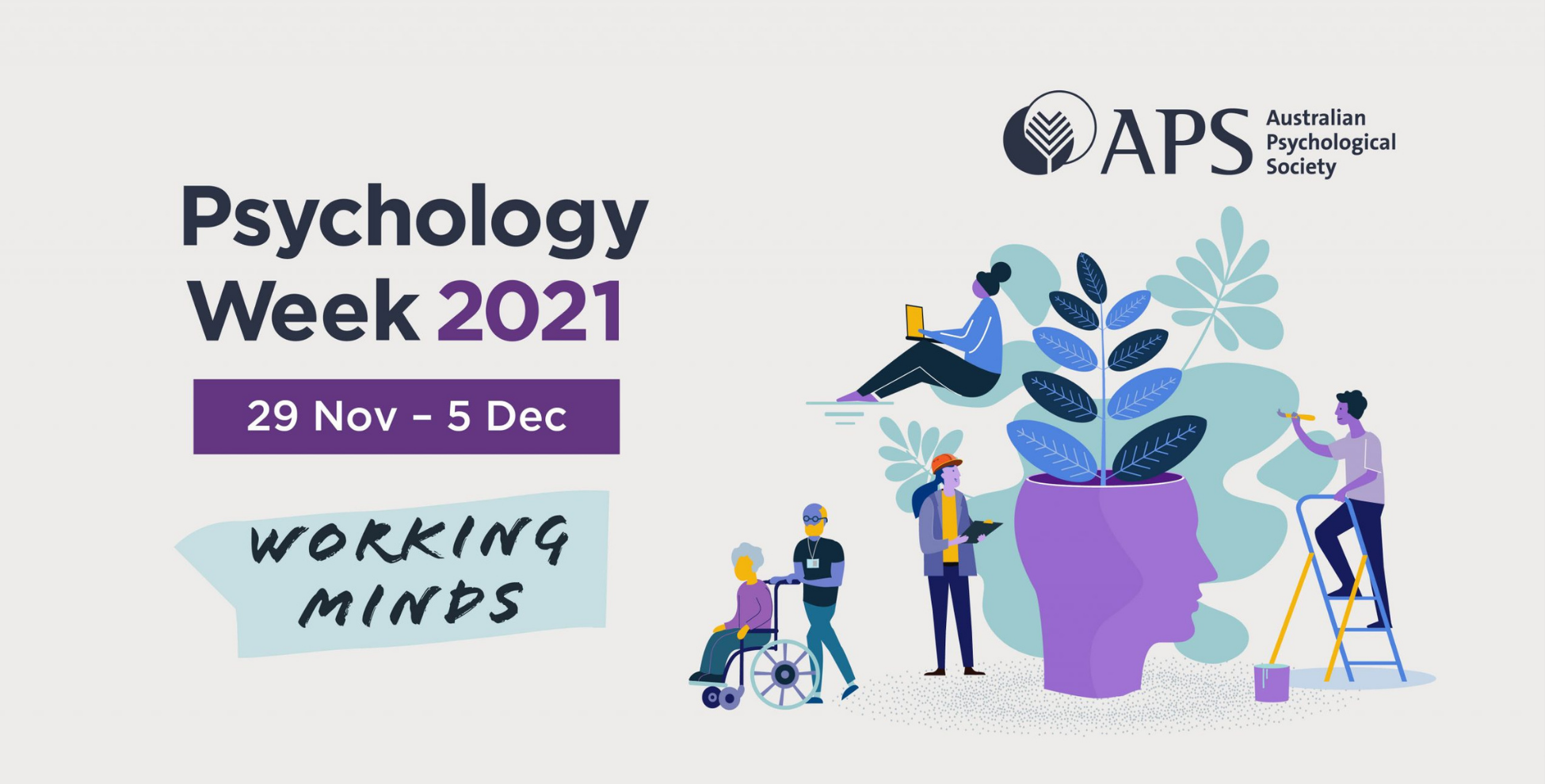Reflecting on new challenges
After our success at “flattening the curve”, and what at the time, felt like a rebirth when we emerged from our long lockdown last year, it seems strange to be where we are, 18 months later.
Recently we have had to adapt to different ways of fulfilling our professional roles and providing care to our patients. And with the rising case numbers in our community, we’re facing further changes and challenges to our personal and working lives.
Mental Health Month is a good time to remind ourselves of the benefit of reflective practice. Reflecting on how we think and feel about our work can significantly help our mental health in the long term, by decreasing the likelihood that we experience vicarious trauma, compassion fatigue and burnout. One way that this works in practice is by simply discussing shared experiences, especially when these experiences are difficult ones. Just feeling ‘seen’ and heard can be incredibly powerful in helping us cope. This issue of The Ascent aims to do just that; reflect on and acknowledge a couple of recent challenges that have been experienced by healthcare workers.
In the last month, in addition to everything the last 18 months has thrown at us (!), we’ve had to face several significant challenges. Many of us have had to isolate due to being a close contact of a positive case or working in a Tier 1 site or, have experienced the personal and professional impact of wearing PPE.
Currently, many more staff across healthcare organisations are required to don and doff full PPE gear. For some, wearing full PPE has been the reality of our routine working life for many months now, while for others, it is a new and unfamiliar challenge.
N-95 masks, safety glasses, face shields, coveralls, boot covers, gloves, the list goes on. All tight-fitting, leaving no part of the body exposed and presenting us with a unique set of physical, psychological and professional challenges. We quickly become aware of how time-consuming it can be to don and doff all this gear, the physical discomfort of it all, and how undertaking even the most routine activities in patient care suddenly become much more difficult. Increased PPE means we are facing excessive heat and skin injuries under the multiple layers, breathlessness, reduced vision, headaches from the pressure of tight-fitting equipment, constrained mobility, and reduced hydration due to reduced water intake. Beyond the physical discomfort, we might also notice a negative impact of long-term PPE use on our psychological wellbeing.
The quality of our communication may also be impacted, we may find that we are, at least temporarily, unable to provide services and care to patients in the way we value or expect, possibly leading to dips in job satisfaction (Xu et al., 2020).
Alongside this new challenge to our working lives, has been the occurrence of mass-staff quarantine. We’re familiar with isolating for sniffles, or for having attended Tier 1 and 2 locations, but all of a sudden, it’s feeling a lot closer to home when work becomes one of those sites.
The need to isolate away from work may bring a whole new range of emotions – disappointment, frustration, anxiety, fear and boredom. In sessions with staff, we have discussed how coming to work provided a welcome outlet to coping with lockdown, in offering a sense of connection with our colleagues, purpose, and distraction. We’ve heard how missing shifts can evoke frustration and guilt about the impact on colleagues who remain on the unit, and how the boredom of quarantine can be in stark contrast to meaning and purpose felt when at work. It can be particularly challenging for those whose work isn’t easily transferable to online processes. On the flip side, for those who remain on-shift, the pressures of working with a smaller and/or less familiar team, worry about your colleagues who are sick or are awaiting test results, and possibly some apprehension for the next positive case or site may weigh in.
The landscape and pressures of working and living with COVID-19 are constantly changing. These are just two of the things currently playing on our minds, and giving us cause to reflect on our mindsets, our coping patterns, and our ways of connecting with our colleagues, patients, clients, and loved ones.
We hope that you can find a moment to reflect on your practice as one way to build resilience and protect your wellbeing. As University of Leeds Nursing lecturer Philip Esterhuizen has said, “When things are so pressured it is valuable to be able to reflect on what we have done, how we have done it and whether we met the standards or criteria we wanted to meet. Or where we could have improved things, or just to think ‘I did that really well today’.” Even when what you did really well was to just get by!
The Ascent is brought to you by the Thomas Embling Hospital Reflective Practice team:
Dr Meera Aurora, Reflective Practice Co-ordinator and Dr Diana Talevski and Dr Bonnie Albrecht, Reflective Practice Facilitators, TEH
